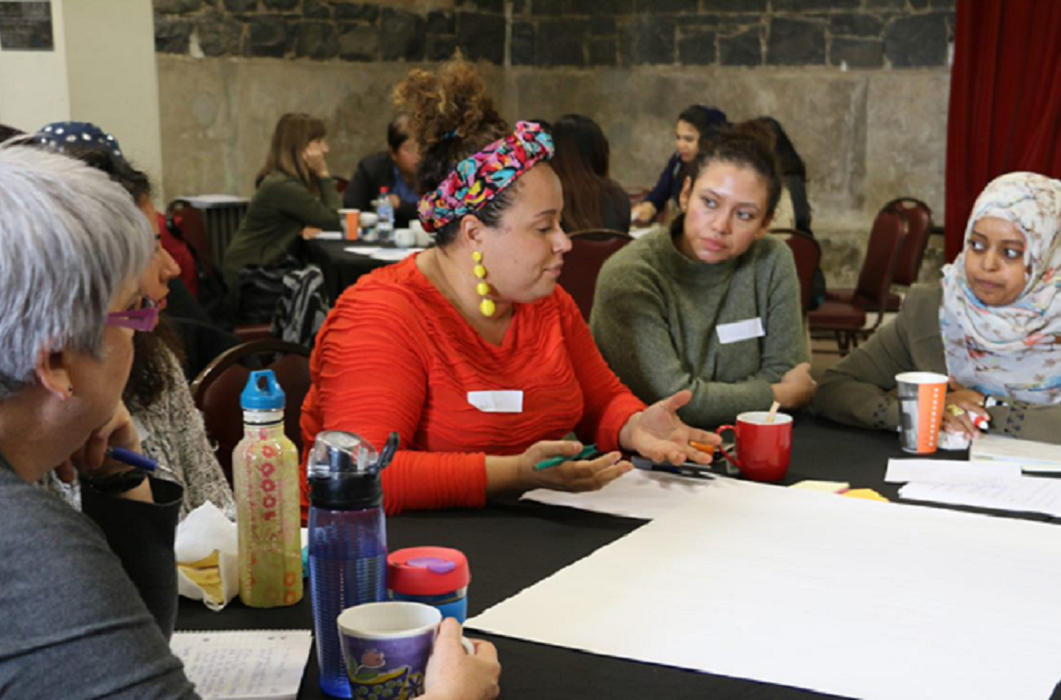The COVID-19 pandemic has impacted the whole population and the community response has required all community groups to be engaged, with bi-cultural workers playing a significant role in supporting their respective communities.
A bi-cultural worker (BCW) is employed to use their cultural knowledge, language skills, lived experience and community connections to work with people who they share a lived experience with and mainstream organisations. Bi-cultural workers elevate community voices, advocate for their needs, co-design and deliver programs, share information and facilitate cultural safety.
When developing programs, policies or projects that involve culturally and linguistically diverse (CALD) communities or community groups, it is best practice to work in collaboration with all parties involved and, because BCWs know their communities, they can help navigate language, culture, systems and networks to best respond to and communicate community needs. Working with priority populations to develop and implement initiatives also helps to maximise ownership and outcomes and develop and support leadership at every level.
During COVID19 BCWs directly supported the creation and distribution of public health messages in language, organised and facilitated Q+A sessions with the community, and established food security programs where required.
cohealth’s bi-cultural program aims to build the capacity of people from refugee backgrounds to act as BCWs. After four years of delivering the program, cohealth now employs a network of 35 highly skilled, multi-lingual BCWs. They have extensive community networks, an in-depth understanding of different cultural perspectives and are trained to:
- Identify and advocate for community needs, strengths and challenges
- Assist with community engagement, consultation and co-design
- Develop and implement community-led projects
- Review materials, resources and services to facilitate cultural safety
- Share information with community groups in relevant language and culturally appropriate ways
- Educate community members about services and facilitate access.
The program to date has reached a total of 130,000+ people.
- 120+ bi-cultural workers engaged in capacity building
- 129,000+ community members engaged through bi-cultural led projects
- 1000+ staff engaged in training to build capacity to work with BCWs and their communities
For the full evaluation report and more information about the program please check out our website or email.
Consider the ways in which BCWs could contribute to your work or get in touch to find out how you can engage cohealth BCWs or register for our ‘Professional Standards for BCW’ training.

